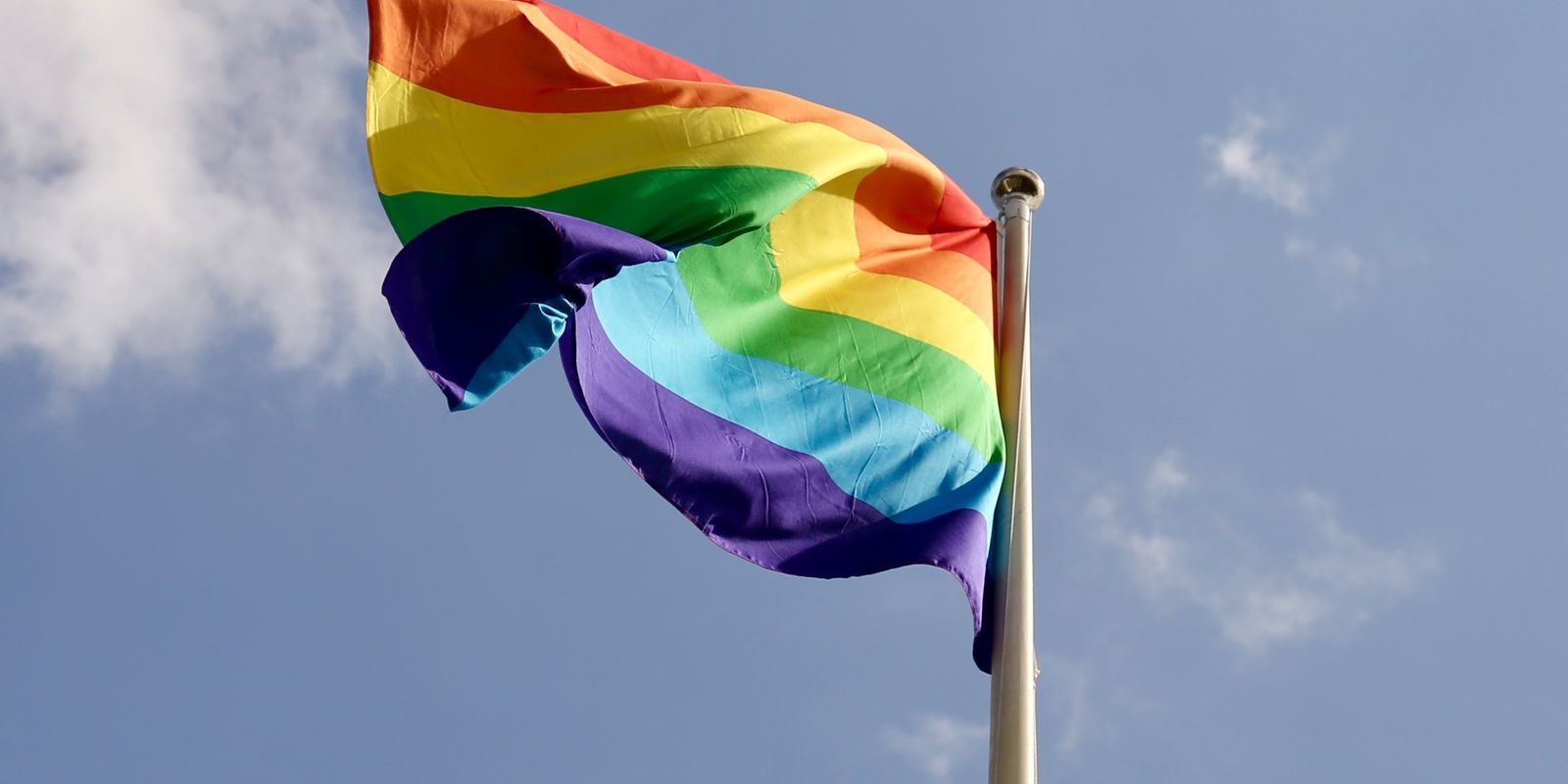The legislative year comes to an end with a relatively positive outcome for the LGBTQIA+ community. In the Chamber of Deputies, of the 41 bills (PLs) presented until October this year relating to this community, 26 were in favor of the group and 15 against, which represents 63% of the projects in favor. In the Federal Senate there was no record of either side. . 
According to the Observatorya platform run by Diadorim, an independent journalism agency that has this group as a niche, in 2023, the Chamber of Deputies had almost twice as many PLs, 81, 44 of which were to promote a setback in the rights of LGBTQIA+ people and 37 to ensure them. In the other House, the Federal Senate, the order was reversed, with projects in favor of the community predominating. There were seven pro-LGBTQIA+ compared to two against.
In the year in which Luiz Inácio Lula da Silva resumed the presidency of the Republic, in his third term, the highest peak in proposals from federal deputies was observed, within the six-year interval analyzed (from 2019 to 2024). The year 2021 had the second highest number, 50, 32 of which were in favor of the group that challenges heteronormativity and 18 against.
In 2019, Jair Bolsonaro’s first year as President of the Republic, there were also many initiatives on the part of federal deputies and a certain quantitative balance between those who fight alongside the LGBTQIA+ (26 proposals) and those who oppose them (17). That year, the senators’ five legislative proposals were for the defense of the community, a characteristic that remained in the years 2020 (4) and 2022 (4). In these two years, the desire of the deputies to expand rights won, in a way, since, respectively, they signed 16 and 12 projects.
The Observatory counted 149 PLs that would benefit or have benefited this portion of the population in the Federal Chamber, between January 2019 and October 2024. In the Senate, there were 27.
In addition to reconstructing the panorama in numbers, the platform shares details about the most recurring themes in pro-LGBTQIA+ projects. From 2019 to 2024, 149 were processed in the Chamber of Deputies and, of this total, 62 (41.6%) sought to establish public measures and policies to combat prejudice and violence. In the Senate there were 27 and the same theme existed in greater quantities, being verified in 11 of them (40.7%).
Proposals
In relation to the most common objects in proposals that were intended to restrict some right, what stood out, over the last few years, in the Chamber were those who wanted to prohibit neutral language in public documents, schools and other environments. The same applies to senators.
Another contribution of the platform is the detail regarding the acronyms that presented the proposals. PSOL, PSDB and PT are the parties that most support the cause in the Chamber of Deputies, while PL, PSL, which was renamed União Brasil, and the Republicans are at the other end.
In the Senate, PSOL, Rede, MDB and PSDB are allies of the movement. The PL appears again as the one that makes the most effort to implement PLs against the community.
Antics
Lawyer Paulo Malvezzi, co-founder of Diadorim and professional responsible for the platform’s research, says that there is sometimes the impression that everywhere it is possible for community members to be free to express affection publicly, when in fact, this is the reality of few spaces. “Sometimes, we get very addicted, due to a very strong representation of the LGBTQIA+ movement in large urban centers, that things are very good, that you can show yourself the way you want in society, but this only happens in very small places, in very well-defined neighborhoods within large cities. The rest of the country is closed to LGBTQIA+ people”, he says.
“Or, if you are in these places and face repression, this often means risking your life or putting your physical integrity in danger”, he adds.
One of the tactics of conservative parliamentarians, points out Malvezzi, is to install an atmosphere of moral panic, often engendered through deception, while those who seek equality between the rights of LGBTQIA+ people and those of the rest of the population stick to reality. “These are projects with poor justifications, that use moral panic, that sometimes bring arguments based on what happened abroad, something that they say happened in England about a trans person who attacked another person in the bathroom and that, suddenly , becomes an avalanche of projects about bathrooms that are replicated ipsis litteris [exatamente com os mesmos termos] in other states, in the National Congress. A wave of projects is created to attack a problem that does not actually exist. What they seek is to politically capitalize on moral panic, that’s clear”, he argues.
Malvezzi also recommends paying attention to another maneuver made ingeniously by the conservative bench. “There is also a very clear strategy of opposing the rights of children and adolescents to the rights of LGBTQIA+ people. This is completely absurd, because there is no contradiction there. You see, for example, many surgery projects [de redesignação sexual] and other processes [afins]when they [os voltados a menores de idade] They are not allowed in Brazil, only on an experimental basis, under very specific conditions and with parental supervision and authorization. They prohibit things that are no longer allowed here, they try to prohibit things and policies that are not public policies in the country. It is very worrying that there are so many parliamentarians engaged in this type of fantasy construction and mobilization of affections, hatred and prejudices to achieve political gains”, he explains.
For the co-founder of Diadorim, the attempt of conservative politicians working in the Legislature is to cement an anti-LGBTQIA+ agenda as a step on a springboard to garner votes and take advantage of office prerogatives. “I don’t even think that they have any interest in the approval of these anti-LGBTQIA+ projects. Approval is completely incidental, it is cyclical. What they want is to present, and, after presented, they do little to approve, it is to surf on top of the panic that is created, the media exposure they get and then move on to the next topic”, evaluates Malvezzi, considering that the higher proportion of favorable PLs in the National Congress, achieved thanks to the progressive wing, proves that the country is not as retrograde, if you examine it objectively.
Profile in the states
According to the survey, the most LGBTQIA+phobic Legislative Assemblies are Rio de Janeiro, São Paulo and Mato Grosso. At this level of the Legislative Branch, the biggest concerns are regarding neutral language, control of what is disseminated in school materials and the sharing of public bathrooms that adopt respect for people’s gender identity as a rule.
The legislative houses that most come out in defense of LGBTQIA+ are São Paulo, Rio de Janeiro and Pernambuco. The agendas considered most relevant are those to combat discrimination, symbolic measures, such as the establishment of special dates in the calendar, and the preparation of censuses, research and thematic dossiers, fundamental to equip government authorities and experts and entities with this banner.














